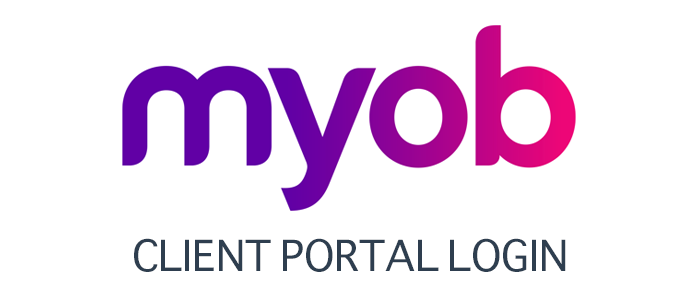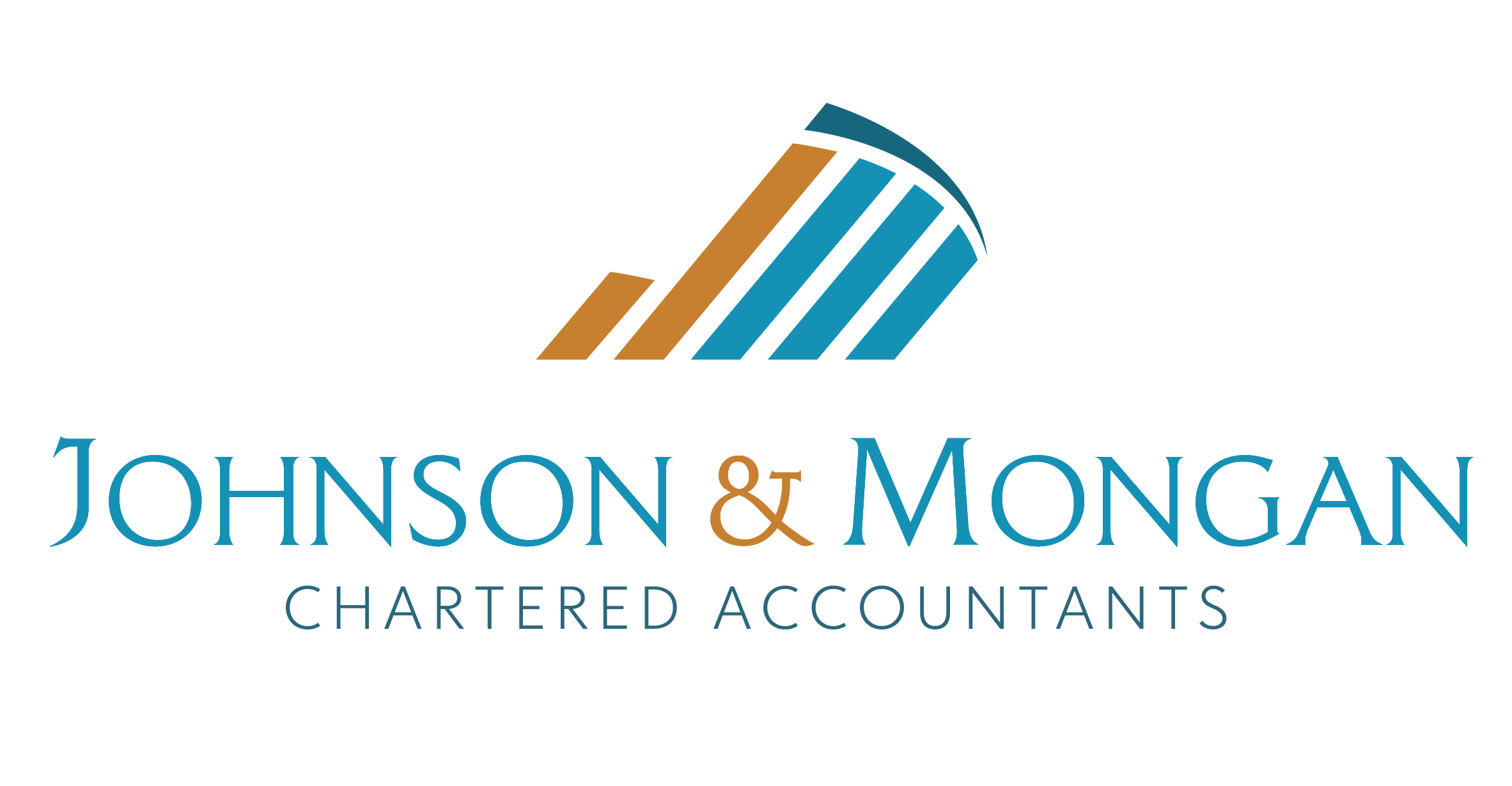Part 2 – Budget reminders. Under the Hood.
The 2020 Federal Budget was one of the most far reaching and complex ever brought in. This is the second of three articles to remind us of important topics the budget addressed.

Changes to the JobKeeper Payment Scheme
These changes to the JobKeeper Payment schemes have been reported earlier.
After 3 August 2020 the employment reference date for assessing employee eligibility changed from 1 March 2020 to 1 July 2020.
The logic for this, is that after first lockdown, some employers hired new staff that then were stood down or disadvantaged by second lockdown.
The decline in turnover test for assessing employer eligibility for the December 2020 and March 2021 quarters, must be met only in the previous quarter – from 28 September 2020.
The decline in turnover eligibility criteria have been changed from 28 September 2020 so that employers are required to demonstrate that their actual turnover was sufficiently affected in the previous quarter (rather than in every quarter from June 2020 onwards) to be eligible for the payment in the December 2020 and March 2021 quarters.
Other aspects of scheme have been reaffirmed – end date is 28 March 2021. Several tiers now apply, and regular reporting is required.
Note – superannuation guarantee rules still apply, although they have become more complex.
Personal Tax Reduction
A further recovery measure to encourage consumer spending is from tax cuts. Lower personal tax occurs when tax rates apply at a higher threshold. This change will apply immediately on PAYG (employee) deductions.
The Government has brought forward the second stage of its legislated Personal Income Tax Plan from 1 July 2022 to 1 July 2020.
The top threshold of the 19% personal income tax bracket will increase from $37,000 to $45,000.
The top threshold of the 32.5% personal income tax bracket will increase from $90,000 to $120,000.
The maximum amount of the Low Income Tax Offset will increase from $445 to $700.
The Low and Middle Income Tax Offset – capped at $1,080 – will be retained for the 2020-21 income year.
Payroll packages will implement the new rates as soon as the Australian Taxation Office provides appropriate guidance.
JobMaker Hiring Credit
Another incentive to encourage economic recovery is a subsidy for new employment.
The Government will provide $4 billion over the next three years from 2020-21 to accelerate employment growth by supporting organisations that take on additional employers through a hiring credit.
The JobMaker Hiring Credit will be available to eligible employers over 12 months from 7 October 2020 for each additional new job they create for an eligible employee. The credit will be:-
- $200 a week for each additional eligible employee they hire aged 16 to 29 years old
- $100 a week for each additional eligible employee aged 30 to 35 years old
The employee must be in an additional job created from 7 October 2020. To demonstrate this, there must be an increase in:-
- the employer’s total employee headcount (minimum of one additional employer) from the reference date of 30 September 2020
- the payroll of the business for the reporting period as compared to the three months to 30 September 2020
To be eligible, an employee must:-
- have worked at least 20 paid hours per week on average for the full weeks they were employed over the reporting period
- have commenced their employment between 7 October 2020 and 6 October 2021
- have received the JobSeeker Payment, Youth Allowance (other) or Parenting Payment for a least one month within the past three months before they were hired.
This will be administered through a yet to be created Australian Taxation Office sub-system.
Eligible employers will be able to claim quarterly in arrears from the Australian Taxation Office. Claims open from 1 February 2021.
AcctWeb

